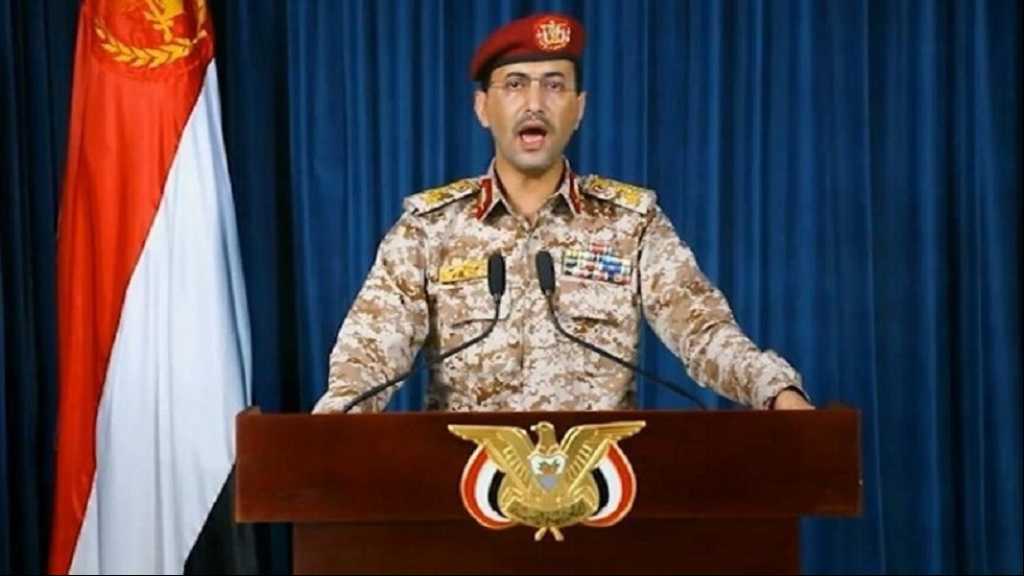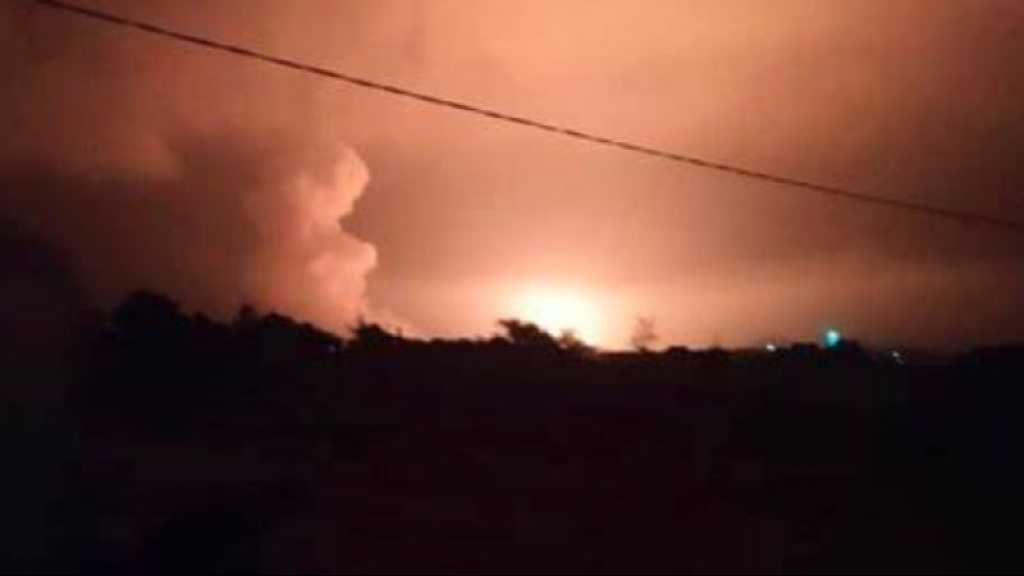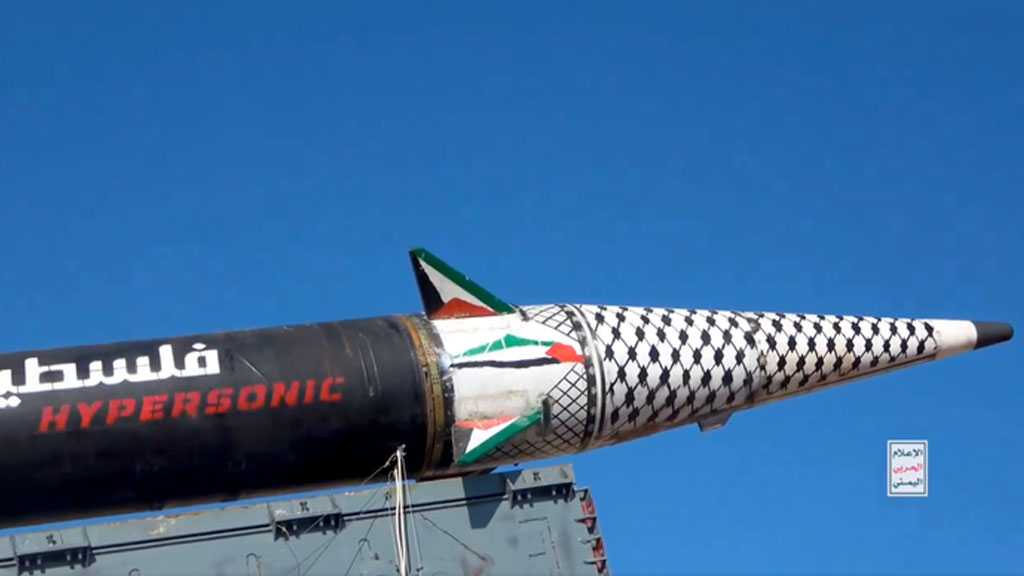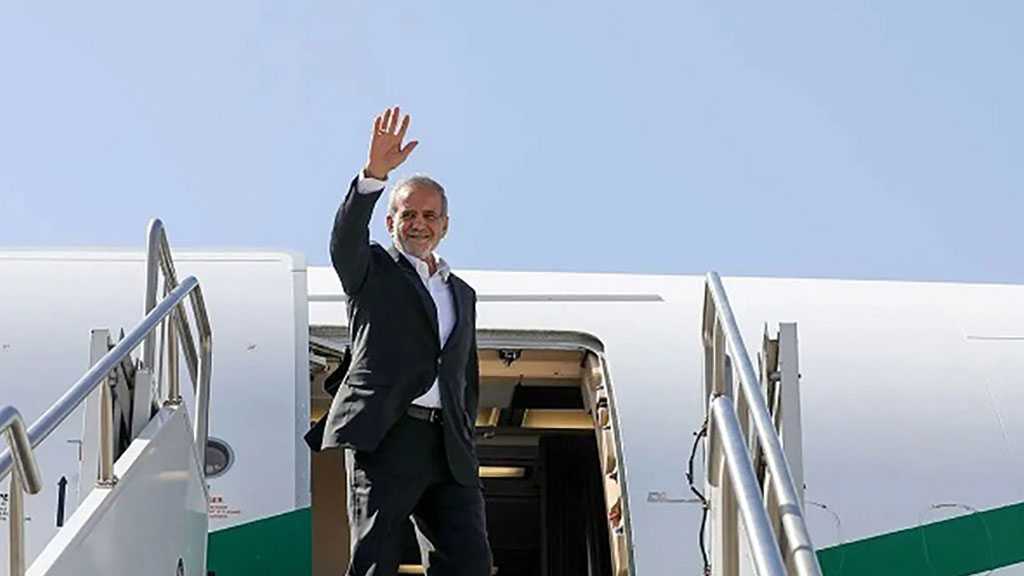
UNSC Meeting on N Korea Missile Test Ends without Action
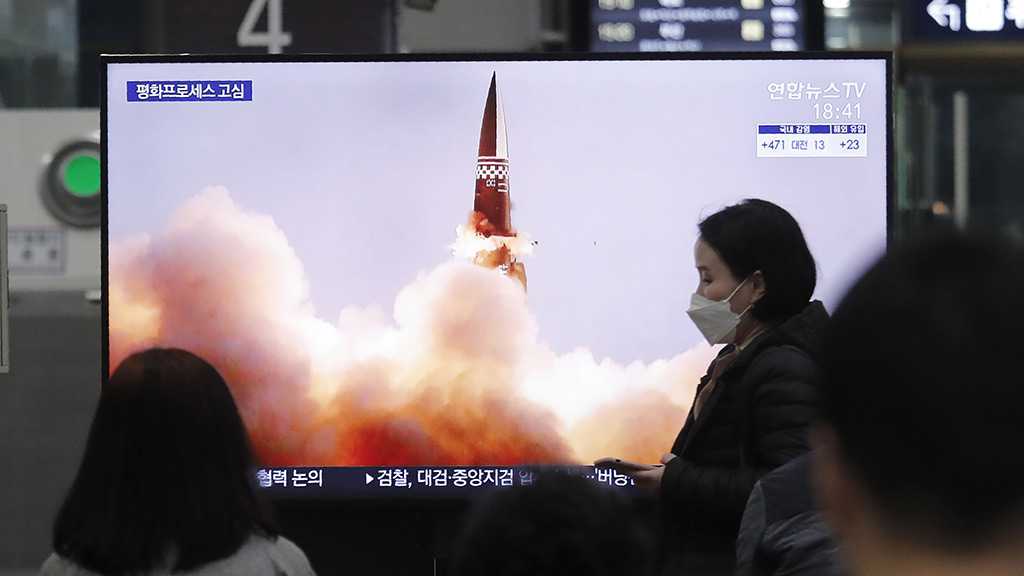
By Staff, Agencies
A United Nations Security Council [UNSC] meeting on North Korea’s latest missile tests has ended with no immediate action, despite US claims that the world body contemplated new measures.
No statement was issued by the UNSC or the European nations that called for the closed-door meeting on Tuesday, which lasted only 30 minutes amid warnings by Russia and China against any new sanctions on North Korea.
The US, which had abruptly referred Pyongyang’s recent missile launch to the UNSC’s sanctions committee rather than seeking a meeting of the UN’s executive body, threatened unspecific “additional actions” against North Korea, which blasted the move as “a double standard” that revealed Washington’s “deep-seated hostility.”
“We held a committee meeting on sanctions and we’re looking at additional actions that we might take here in New York,” Washington’s UN Ambassador Linda Thomas-Greenfield had said in a Monday press briefing, without elaborating on possible measures.
Censuring the UNSC’s Tuesday meeting, which was called by Britain, Estonia, France, Ireland, and Norway, North Korea’s senior Foreign Ministry official Jo Chol-su reiterated that it further highlighted the council’s “double standard,” pointing out that countries around the world “are firing all kinds of projectiles.”
Jo had earlier slammed the UNSC sanctions committee meeting in a Saturday statement, saying, “It constitutes a denial of sovereign state and an apparent double standard that UNSC takes issue, on the basis of the UN ‘resolutions’ – direct products of the US hostile policy.”
The meeting, he added, was “designed to negate the right of our state to self-defense,” the official statement said, further vowing that Pyongyang would devise a “countermeasure.”
Rejecting new sanctions against Pyongyang following the UNSC’s Tuesday meeting, Russia’s Deputy UN Ambassador Dmitry Polyanskiy told reporters, “It’s a time of assessment, not action.”
“We welcome any kind of dialogue – bilateral or multilateral,” he further emphasized. “We hope that there will be no tensions in the Korean Peninsula and that all sides will refrain from provocative acts and provocative rhetoric which doesn't help.”
Pyongyang launched a new type of tactical short-range ballistic missile last week, prompting the US to call for the meeting of the UNSC’s sanctions committee.
The Thursday test launch was carried out after US and South Korean forces held joint war games that ended earlier this month as well as an official visit to the region by the American Secretary of State Antony Blinken and Pentagon chief Lloyd Austin, who threatened North Korea with a war after it slammed the resumption of military drills by US and South Korea.
“Our force remains ready to ‘fight tonight,’ and we continue to make progress toward the eventual transition of wartime Operational Control to a [South Korea]-commanded, future Combined Forces Command,” Austin said at a press conference on March 18.
The provocative remarks came after North Korean leader Kim Jong-un’s sister and close adviser decried the joint war games and warned Washington to “refrain from causing a stink” if it wants to “sleep in peace” for the next four years.
Comments
- Related News
